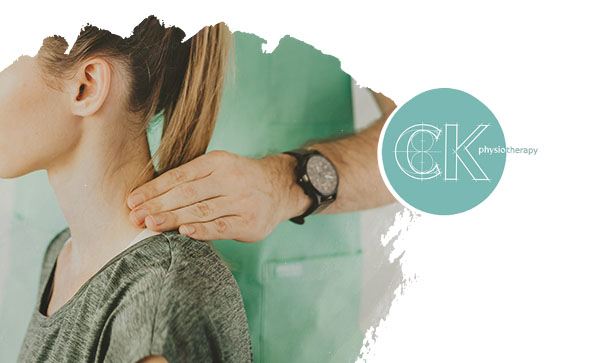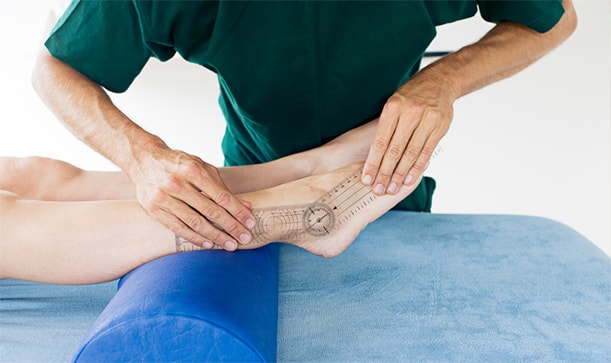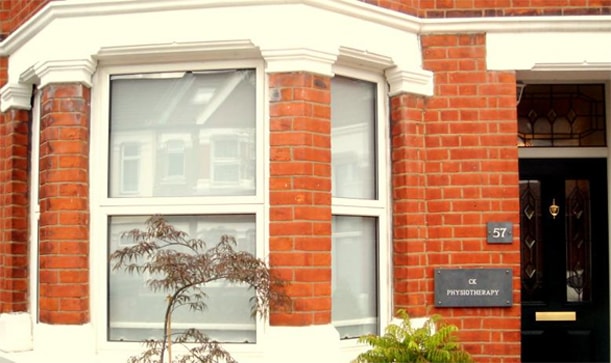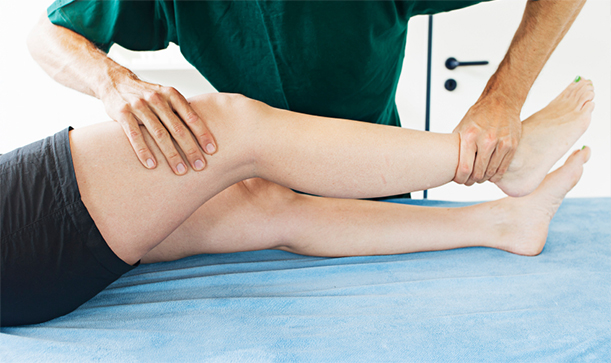CK Physiotherapy
AREAS COVERED
W7, W5, W13, Ealing, West London
57 Elthorne Avenue
Hanwell, W7 2JY
T: 020 8566 4113
M: 079 572 46185
E: info@ckphysio.co.uk
Location / Parking
We are situated in Hanwell, between Boston Manor Road and Northfields Avenue, south of the Uxbridge Road.57 Elthorne Avenue
Hanwell, W7 2JY
There are parking restrictions Mon - Fri 9-10am and 2-3pm. If you need a permit during this time please inform your therapist when you arrive. There are no parking restrictions at other times.
Opening Times
Please phone the number above during working hours to make an appointment. Our reception service will be happy to book your session.
London Underground / Bus Services
London Underground
10 min. walk from Boston Manor Tube Station.
15 min. walk from Northfields Tube Station.
Bus Service
E8, E3, E2, 207, 607, 83
Request Call Back
Our Blog
Physiotherapy Treatment for Effective Post-surgery Rehabilitation
By: BryanKelly (Psst, View author in Google Plus) Date: Feb 2nd, 2021Post-surgical rehabilitation is the process of restoring strength, motion and function to a specified area that has been operated upon. Physiotherapy treatment is a vital aid in recovery after surgery, not only can it help to improve flexibility and motion, it can assist in quicker healing, pain reduction and also help to minimise scar tissue development.

What is post-surgical rehabilitation and why is it needed?
You may have suffered an injury, illness or ailment for such a length of time that surgery was your last resort or only answer. While surgery might be the best-posed option and performed relatively quickly, unfortunately, the after-effects and rehabilitation can be a long and drawn-out process.
Not to fear, our dedicated physiotherapists can guide you through every step of the way to your road of recovery.
Surgeries that Require Rehabilitation
Surgeries, whether major or minor effect individuals differently and this has a direct impact on the level and quantity of post-surgical rehabilitation you may need.
Surgical procedures that may require post-surgery rehabilitation may include (but are not limited to):
• Orthopaedic
• Cardiac
• Thoracic
• Abdominal and Uro-Gynaecology
• Neurological
Common Problems After Surgery
All surgical procedures have varied outcomes and complications that may need the assistance of post-surgical physiotherapy treatment. As therapists, we aim to assist in improving your overall wellbeing and getting you back to your usual healthy self. Some side effects of post-surgery may take longer than others to either dissipate or be regained.
Common problems patients face after surgery may include:
• Pain
• Swelling
• Reduced mobility
• Breathing difficulties
• Balance
• Weakness
• Continence problems
Whether it be to help reduce healing time, gain independence or return to a much-loved sporting activity, at CK Physio we offer a wide range of therapeutic procedures to treat and rehabilitate patients.
What are the benefits of physiotherapy treatment for post-surgical rehabilitation?
After any injury, illness or surgery we can be somewhat weakened. Though our minds might be ready to jump back to the normal day to day activities almost instantaneously, our bodies aren’t always able to follow those thoughts. Post-surgery recovery can be a frustrating time and unless there is a clear rehabilitation programme set, it may delay progression and hinder essential mental strength.
Most performed surgeries will require some sort of physiotherapy treatment. Depending on the severity of the injury or of the procedure(s) undertaken, to accommodate the patient’s needs, this physio treatment can be facilitated as a physical or digital session. If possible, it is helpful to speak with a physiotherapist prior to surgery so that a full account of what is required of both the therapist and patient can be established.
It is advisable that physio treatment starts as soon as possible after surgery. Having such sessions, our therapists will endeavour to encourage and guide you to obtain the best possible results, allowing you to benefit from a range of positive improvements such as:
• Increased confidence and independence
• Reduction of pain
• Strengthening of weakened muscles
• Improved posture
• Extended range of movement
• Prevention of infection
• Improved respiratory function
It is imperative that you continue to attend regular physiotherapy treatment to reduce risk and achieve the best possible recovery outcome. Throughout your recovery, our experienced therapist will access your mobility, strength and function and will provide you with a rehabilitation exercise programme relevant to your healing stage and level of ability.
What are the stages of rehabilitation?
Post-surgical physiotherapy treatment is essential for recovery but first, you must have had the required amount of rest before beginning any programme or exercise given. As much as physiotherapy can help reduce healing time if you start before you’re ready you will slow your recovery process.
Initial Stage
After surgery, initially, the aim of physiotherapy is to help reduce the pain and swelling experienced by the patient. For some types of post-surgery, we use a clever acronym PRICE to help you remember what you need to do.
• Protection - protect the area that has been operated on as best as possible, the hospital may provide specialised equipment.
• Rest - you may need time off from work and your normal activities, be kind to yourself in your initial recovery phase.
• Ice - if required, this would be 15-20 minute sessions, 3-4 times a day applied to the affected area(s)
• Compression -if required, apply light pressure when icing the area to enable excess fluids to drain.
• Elevate - elevation is a great way to reduce swelling, so when possible try to do this throughout the day.
Early Stage
Following an assessment, most patients are given a small range of exercises that they can complete either in the hospital and/or at home. These exercises are usually to initiate mobility and incorporate building strength.
Middle Stage
At this stage, patients need to be in regular contact with their therapist to establish and document the progress of their rehabilitation. Exercises will have increased and may include some that concentrate on core stability, motor control and even the reintroduction of cardiovascular exercise where appropriate. Most patients at this stage are able to return to some sort of normality within work, home and their activities.
Final Stage
It’s been a long road but this is where all your hard work has paid off, this stage is easily skipped by many for they feel they may have totally recovered in the middle stage. However, in order for you to return to your pre-surgery activity level, it is important for a full review to be made by your physiotherapist and sign you off.
Seek Physiotherapist’s Advice When You Need
If you have recently had or have an upcoming surgery and would like to speak with one of our physiotherapists in regards to post-surgical rehabilitation or to book an assessment, contact us today via phone or our online booking system.
Physiotherapy is classed as an essential health service and therefore we are able to provide face to face consultations, adhering to the strict guidelines that Public Health England have instated.
We also understand that life is anything but normal at the moment and for those who are shielding or feel uncomfortable with meeting in person, CK Physio is offering comprehensive online consultations that can fit both your schedule and needs.
So contact us to speak to one of our dedicated physiotherapists to book your appointment or virtual consultation, where they will discuss with you at length and in-depth, any procedures or answer questions or queries you may have.





